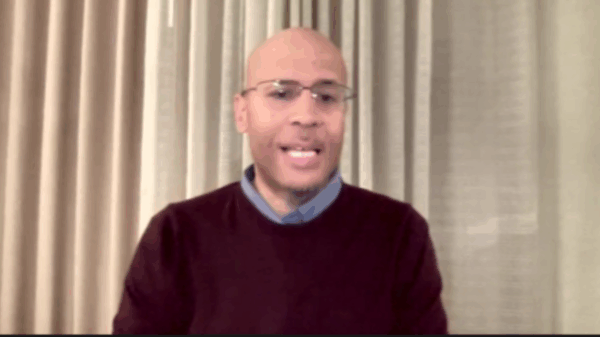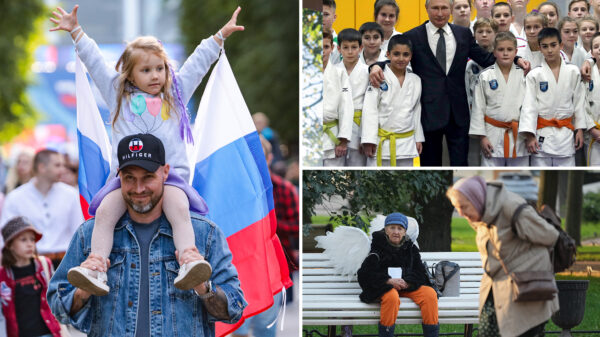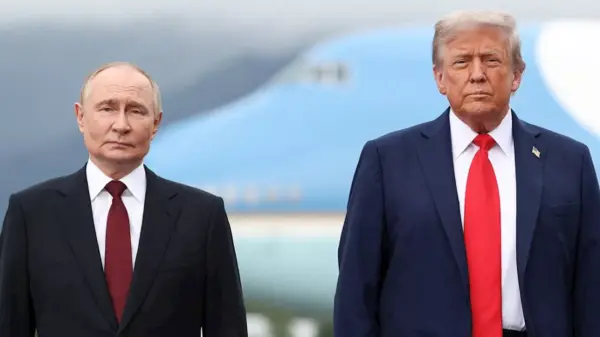A new fictional work titled “The Night We Became Strangers” delves into the profound personal impacts of war, capturing the moment when individuals lose their sense of identity amidst global conflict. This narrative offers a unique perspective on the emotional turmoil that accompanies such events, blending fiction with the stark realities of human experience.
In “The Night We Became Strangers,” the author uses evocative language to illustrate the tension of addressing an audience for the first time. The protagonist reflects on the overwhelming presence of a microphone, which symbolizes both vulnerability and authority. The sentiment expressed in the opening lines illustrates how the act of speaking can evoke memories and feelings, particularly in the context of familial relationships.
Exploring Identity Through Personal Narratives
The narrative unfolds through the lens of personal memories intertwined with the broader theme of war. The protagonist’s recollection of the smell of microphones, reminiscent of their father’s beer bottles, serves as a metaphor for the complexities of communication during crisis. This sensory detail invites readers to engage deeply with the protagonist’s emotional landscape, highlighting how personal histories shape collective experiences.
As the story progresses, the tension builds, reflecting the chaos of a world on the brink of war. The characters grapple with fear, uncertainty, and the loss of their former selves, which mirrors the societal shift experienced during times of conflict. The author poignantly captures how war can alter not only landscapes but also identities, forcing individuals to confront their pasts and redefine their futures.
The Significance of Voice in Crisis
The act of speaking, particularly in a public forum, takes on a new meaning as the narrative explores themes of isolation and connection. The protagonist’s journey underscores the importance of having a voice in moments of crisis. As the story unfolds, it becomes clear that communication can serve as a lifeline, allowing individuals to forge connections even when faced with overwhelming adversity.
Through the lens of fiction, “The Night We Became Strangers” invites readers to reflect on their own responses to conflict and the ways in which personal stories intertwine with historical events. The narrative challenges audiences to consider the human cost of war, urging them to empathize with those who find themselves caught in the crossfire.
This novel not only presents a fictional account but also serves as a reminder of the resilience of the human spirit. In exploring how individuals navigate the complexities of identity during tumultuous times, the author poignantly illustrates the enduring power of storytelling in understanding our shared humanity.
As readers engage with this evocative tale, they are reminded that while wars may draw lines between nations, they also blur the lines of identity, leaving individuals to grapple with their histories and forge new paths forward.





































































